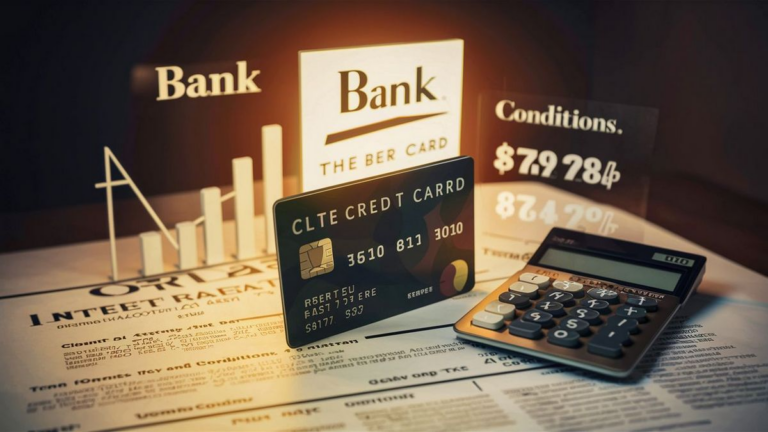Are you curious about the mechanics behind interest-free credit cards? Let’s delve into the intricacies of how these financial tools operate and how they can benefit consumers.
Understanding Interest-Free Period
Interest-free credit cards offer a period during which cardholders can make purchases without incurring interest charges. This period typically ranges from a few months to over a year, depending on the card issuer and the specific terms of the card agreement.
Grace Periods and Billing Cycles
Interest-free periods are usually tied to billing cycles. When a cardholder makes a purchase, they have until the end of the billing cycle to pay off the balance without accruing interest. If the balance is paid in full by the due date, no interest will be charged on that transaction.
Utilization of Available Credit
One key aspect of interest-free credit cards is the ability to utilize the available credit limit without immediate cost. This feature can be particularly advantageous for managing large expenses or unexpected financial needs.
Introductory Offers and Promotions
Many interest-free credit cards entice new customers with introductory offers, such as an extended interest-free period or bonus rewards. These promotions can provide additional value to cardholders and incentivize them to apply for the card.
Balance Transfers
Some interest-free credit cards allow for balance transfers from existing credit card accounts. This feature enables cardholders to consolidate debt from high-interest cards onto the interest-free card, saving money on interest charges and potentially paying off debt faster.
Deferred Interest
It’s essential to understand that interest-free periods do not necessarily mean interest-free indefinitely. Some cards offer deferred interest, where interest accrues during the promotional period but is waived if the balance is paid in full by a specific deadline. Cardholders should carefully read the terms and conditions to avoid unexpected charges.
Managing Payments and Balances
Successfully leveraging interest-free credit cards requires responsible financial management. Cardholders should strive to pay off their balances in full before the end of the interest-free period to avoid accruing interest charges.
Setting Up Automatic Payments
To ensure timely payments, setting up automatic payments can be beneficial. By scheduling payments to cover at least the minimum amount due each month, cardholders can avoid late fees and maintain their interest-free status.
Monitoring Spending Habits
Monitoring spending habits is crucial when using interest-free credit cards. It’s easy to fall into the trap of overspending, especially when there are no immediate consequences. Keeping track of purchases and staying within budget can prevent financial strain down the road.
Interest-free credit cards offer a valuable opportunity for consumers to make purchases without incurring interest charges for a specified period. Understanding how these cards work and effectively managing payments and balances can help individuals maximize their benefits and avoid potential pitfalls.
Interest-Free Credit Card Limits and Eligibility
It’s important to note that not everyone qualifies for interest-free credit cards, and even those who do may not receive high credit limits. Credit limits are determined based on various factors, including credit history, income, and existing debt. Individuals with higher credit scores and stable incomes are more likely to be eligible for higher credit limits and better introductory offers.
Impact on Credit Score
While interest-free credit cards can provide short-term benefits, it’s essential to consider their potential impact on credit scores. Opening multiple credit accounts within a short period can temporarily lower a credit score due to inquiries and reduced average account age. However, responsible use of these cards by making timely payments and maintaining low balances can ultimately improve credit scores over time.
Frequently Asked Questions
| Question | Answer |
|---|---|
| Can anyone apply for an interest-free credit card? | While anyone can apply, approval depends on factors like credit history and income. |
| Is there a limit to how much I can spend without interest? | Yes, interest-free periods typically have a limit, usually determined by the credit limit on the card. |
| How do interest-free credit cards affect my credit score? | Responsibly using these cards can improve credit scores, but opening multiple accounts may temporarily lower scores. |
See also:






